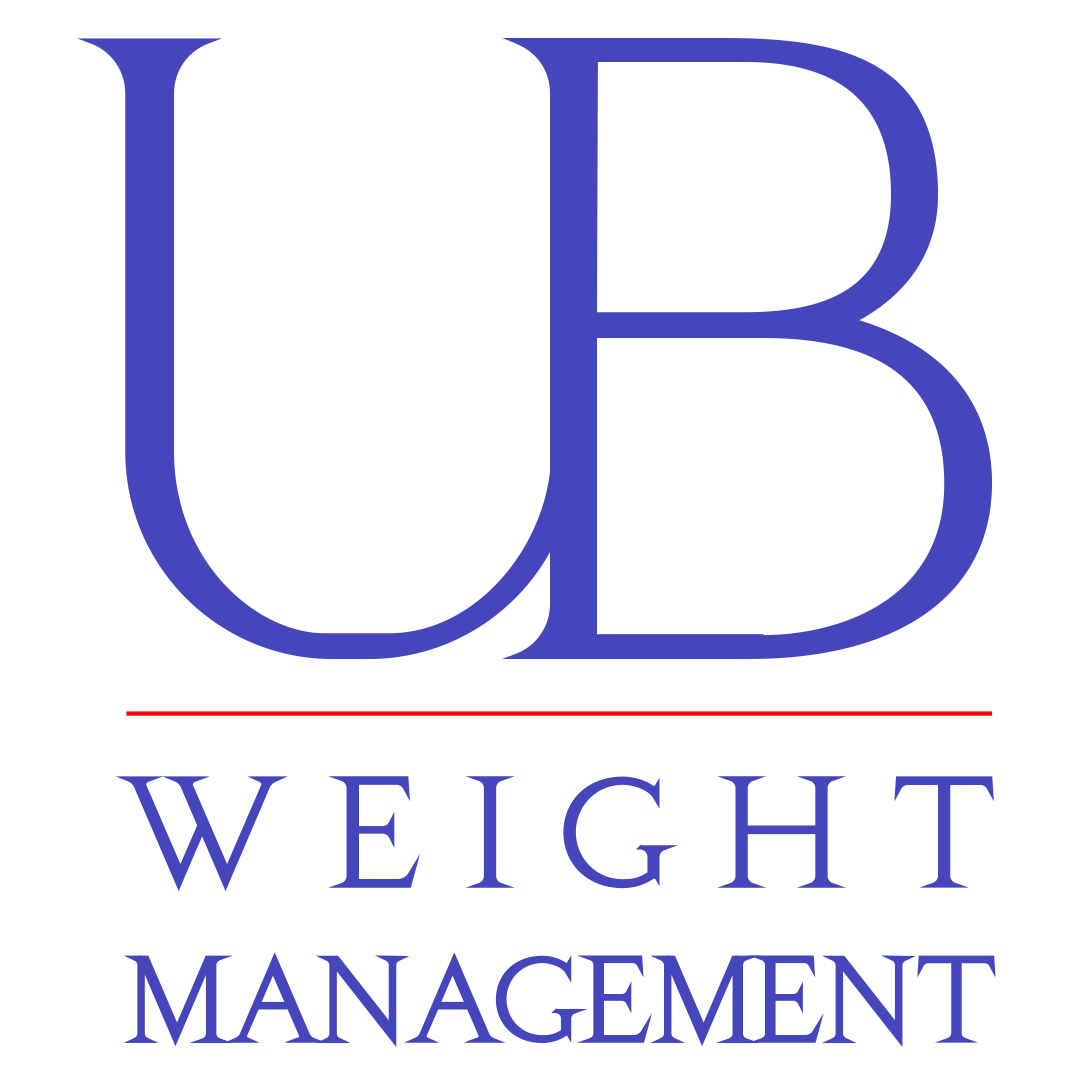We’ve all heard it before, “breakfast is the most important meal of the day.” But, why is it really so important and what are some of the best choices to have?
Let’s start off with the science behind breakfast. According to the International Journal of Gastronomy and Food Science “there really are a number of reasons as to why breakfast should be considered the most important meal of the day. The decision about if and what to eat and drink at the start of the day has been shown to have some profound effects on our health, well being, and cognitive performance.” (Spence, 2017)
One of the most known facts about eating breakfast is that it jump starts your metabolism first thing in the morning, and helps you to burn more calories throughout the day. According to Shimizu, H. et. al (2018) “Many epidemiological studies have reported that breakfast skipping is associated with various health issues, such as a higher body mass index, and higher risks of metabolic syndrome, type 2 diabetes, and coronary heart disease. Additionally, some studies have linked breakfast skipping with the learning performance of children and adolescents” In other words, if you eat breakfast your body knows that it will be getting calories throughout the day.
You may think that having a cup of coffee with a doughnut or a muffin is sufficient, but fueling your body with the proper nutrients is the key to starting your day on the right foot.
Here are some suggestions to help you if you’re stuck on what to have:
- Eggs: One egg contains about 6-8 grams of protein. Starting your morning off with a high protein meal gives your body energy to use throughout the day. Enjoy fresh vegetables with your eggs such as spinach or tomatoes. Eggs also contain other important nutrients and help to promote fullness so you are less likely to pick an unhealthy snack mid-morning.
- Greek Yogurt: In one container of greek yogurt there is 17 grams of protein. In addition, certain types of Greek yogurt contains probiotics which promote a healthy belly. It is important to read the labels when buying yogurt because some contain added sugars. Yogurts that have less than 10 grams of sugar will be your best bet.
- Oatmeal: One of the benefits that oatmeal has is that it contains oat beta-glucan which is a fiber that promotes the feelings of fullness. Oatmeal contains antioxidants that benefit heart health and can decrease blood pressure. The disadvantage of oatmeal is that it does not contain as much protein as other breakfast options, so to increase its protein count you can prepare it using milk or eat it as a side to your eggs. Pro tip: sneak in pasteurized egg whites to your bowl of oatmeal to boost the protein without adding a ton of extra calories and affecting the taste.
- Protein Shake: Need a quick on-the-go option? Protein shakes are a favorite because they are quick and easy to make. There are so many different options of protein shakes for you to choose from, including but not limited to, whey, egg, soy and pea protein. Whey protein is absorbed the quickest into your body which makes it a good breakfast option. Protein can also preserve muscle mass during weight loss and aging. Try adding fruits, nut butter, seeds, or greens for added nutritional content!
- Fruit: All types of fruit contain vitamins, potassium, and fiber. Fruits are an excellent pairing to any breakfast option. Try adding fruit to cottage cheese (which contains about 25 grams of protein in one cup) for a well balanced breakfast.
There are many other breakfast options available to help you start your morning right. We, at Upper Bucks Weight Management are here to help you if you are having a challenging time finding the perfect breakfast combination. Just remember to think of eating breakfast like you would think of exercising. If you do it in the morning, you will feel better throughout the rest of the day!
Sources:
Shimizu, H., Hanzawa, F., Kim, D., Sun, S., Laurent, T., Umeki, M., … Oda, H. (2018). Delayed first active-phase meal, a breakfast-skipping model, led to increased body weight and shifted the circadian oscillation of the hepatic clock and lipid metabolism-related genes in rats fed a high-fat diet. Plos One, 13(10) 1-17. doi: 10.1371/journal.pone.0206669
Spence, C. (2017). Breakfast: The most important meal of the day? International Journal of Gastronomy and Food Science, 8, 1–6.

